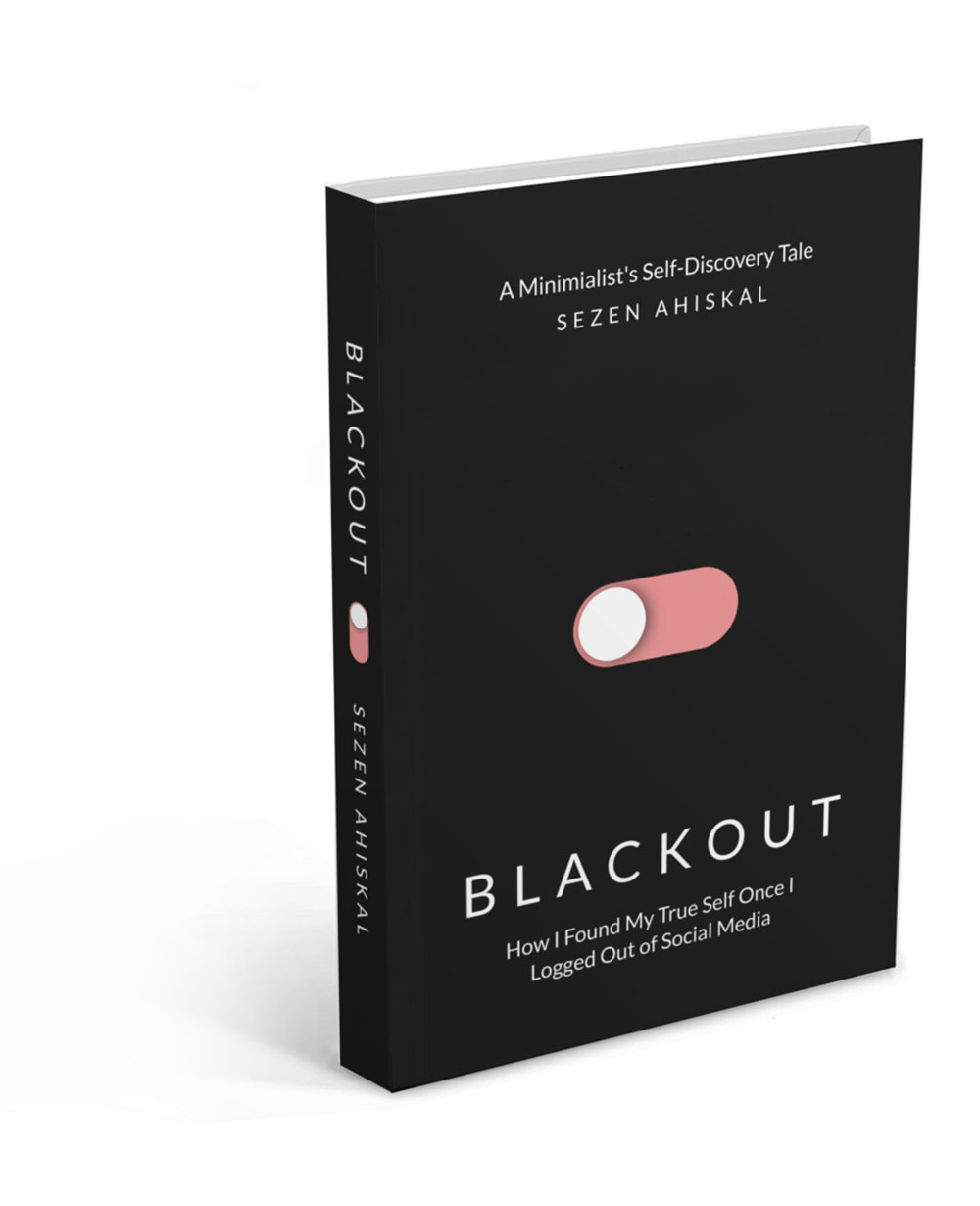I should be honest with you. Even though the concept of keeping a ‘clean’ house or living an earth-friendly lifestyle is around for a long while now, these days I am realizing that I haven’t really paid much attention to it after all because I thought either I was too busy for it or the solutions were too expensive for me. So, other than recycling, responsible consumption and planting some herbs in my pots, I was pretty much doing nothing.
This year though, something amazing happened and I was introduced to the concept of sustainability, which I come to understand that it is the most important concept of our time and our future because of one simple but harsh truth; we have reached the planetary boundaries.
The more I got acquainted with the concept, the more it attracted me like it was a suspense novel because the facts I have come across, the issues I realize and the possible solutions that were laid before me were all too imperative for the survival of us and our children. The more I read, the more I felt the need to learn more and a sense f excruciating guilt sat on my chest because I felt like that I was a little too late to the party.
While my interest so far was mostly in responsible consumption due to Minimalism, lately I realize that it is a crucial part of something bigger than itself;
A Sustainable Lifestyle.
The concept of sustainability comes with, of course, the 17goals that United Nations set for 2030 to come through many challenges that the world is experiencing right now and will be handling in the quite near future. They are the agreed upon attitudes towards key issues which the whole world, including non-profits, companies, and governments, is working on at this very moment with all they have and we, the ordinary human beings, should be contributing to that in any way we can.
It is critical that we leave no one behind while moving forward to our future.
Though as the minimalists, we are no strangers to the concept of thinking responsibly when it comes to consuming as well as acting considerately when it comes to producing, sharing, learning, forming relations; I believe it is critical for us to make the main connection between minimalism and sustainability and take one more step towards defining the boundaries of our responsible living duties.
We should be asking to ourselves,
What is it that one thing I choose to ignore because it is more convenient or cheaper or fancier?
Then, once the answer presented itself to us, we should try and find a way to act on it in our financial, physical and personal boundaries.
And you’re absolutely right to think that in our age, living responsibly is a huge effort. It takes time to consider options, to hunt down right products or services, avoid evil ones, and to make better choices.
But it is also a lot easier than it used to be, thanks to the digital transformation of businesses and moreover, even though it requires a certain level of commitment, it is still possible to maintain such lifestyle.
There is only one definitive factor here though, having a strong grip on the concept of sustainability.
What is sustainable development?
It is basically a balancing effort.
It is here to meet the needs of the present without compromising on the well-being of the future generations. It is founded on the respect for nature, universal human rights, economic justice, and a culture of peace.
This framework was developed simply because the business-as-usual system of the world we live in right now, is not compatible enough to provide us a better future. The way we choose to consume, to ignore and to continue living is neither responsible nor possible anymore.
The sources we have on Earth are limited and the population is projected to become anywhere between 8.1 billion to 10.6 billion people by 2050, meaning that we need to change the way we all operate and fit into the planetary boundaries.
Though they are positioned as the enablers of this future plan; this is an issue beyond governments, continents, and nations. This is both a very personal and a global responsibility.
A first, that cannot be overlooked because of personal choices, suitability, or preferences.
How Do I Contribute? I am nothing but a simple human being.
Well, easy.
Though there are exactly 17 goals defined by the United Nations in terms of sustainable development, I believe there is one among them that is worth giving a try without feeling exhausted and frustrated by the degree of efforts but instead coming out the other end feeling invigorated and satisfied.
Goal Number 12. Responsible Consumption.
A.K.A – Minimalism.
Living with intentionality is what minimalism is based on and it can be applied to many issues such as our day-to-day consumption habits, our media usage patterns, and our nutrition choices. If one can adopt the minimalist way of thinking on matters, then I believe they are just one step away from creating an enormous and positive impact on both their own lives and the lives around them by simply living responsibly.
1.Eliminate & Donate
Decluttering is the first and most essential part of practicing a responsible lifestyle. So, go ahead and dig into your living space. Sort your belongings and decide if each one of them is necessary. Personally, I used a month-long game of the Minimalists to do so. Check it out here.
Then either sell, recycle or donate the stuff that is unnecessary in your life. Providing better futures to all your redundant belongings is the second step. Do not just throw them away, especially if they contain certain appliances such as batteries. Make sure the electronics find themselves either new homes or proper recycling opportunities.
2.Reuse & Repair
When sorting, make sure you are not throwing away something with a backup thought in your mind that you might buy a new one instead of trying to fix it. Not functioning devices and broken items can usually be repaired with the smallest efforts. Try to make your belongings last longer before you toss them.
3. Ask Responsible Questions
Be aware of how you shop, live, and spend your time as well as the footprint you create by asking questions.
- Do I really need this?
- What happens if I don’t buy this?
- Is there a cleaner/simpler solution that can provide for my needs?
And as a final issue on our sustainability and minimalism efforts, I feel the need to note that we need to pick our battles. Even the SDGs are combined thematically, and we need to do the same. We need to observe our daily routines carefully and try to integrate these new ways of living slowly but steadily. Remembering that a comprehensive change can only come through a well-defined, gradual and ironic enough, a sustainable behavioral change only.

